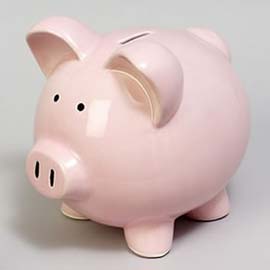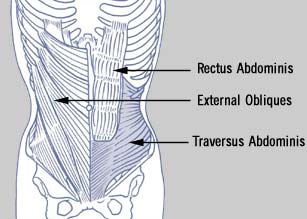
I've been trying to figure out how much money I need to put into my
RRSP to not pay any more tax to the government come Income Tax time. The formulation is more complicated this time around as I started contributing to a pension last year. I don't know if my Pension Adjustment will apply to my allotted amount for 2006 or 2007. It's all so confusing.
I ran across
this article about Canadians dipping into their
RRSPs. There are those who use some of their
RRSPs funds for Home Buyer's Plan or the Life Long Learning Plan. While I wouldn't want to use the
RRSP funds myself for those purposes (my reason is below), I can understand why some people do.
However, I don't think a lot of people even know how much they need to save up for retirement. In theory, your expenses should be down because you've paid off your mortgage and other debt and the kids are out of the house. You may have even downsized the house.
I can tell you that as time goes on, these assumptions becomes less and less true. My own parents (one whom is already retired and the other on the cusp of early retirement) still have a mortgage. Many people who are near or at retirement are finding that their kids are moving back in for whatever reason. And my parents certainly didn't downsize.
And while some expenses have theoretically decreased, others have increased. For instance, now that my dad is no longer working, so he normally wouldn't qualify for medical benefits from an insurance company (or it would be quite difficult to get affordable extended medical insurance with at his age and level of health). Luckily for him, his former employer's insurance company allows retirees to continue on with a reduced medical plan. Sure, my dad has to pay more for health care, but it's still a darn sight better than nothing. His plan already covers a lot of the
meds that he has to take. Similarly, what happens if you have to do a major house repair, or hip replacement? Where are the funds going to come from?
Using
this calculator, if I retire at 65 and die at 85, even calculating at 70% of my current income, the amount that I will need to save by retirement is a whopping $1,925,061.87 (no I didn't accidentally put in extra zeros! And I think it's a low amount). Even if we still have
CPP, OAS and the company pension to live on, it's still a lot of money to sock away. Which is why I choose to keep money in the
RRSP in order to take advantage of the tax-deferred growth rather than withdraw the money before I need to, even for noble causes like
Homebuyer's or education.
But, nothing is ever cut and dry. Take a gander at this
discussion thread and
this article about following retirement calculator advice. While I don't think I really need that much saved up for retirement, the reality is that it's definitely more than I think it will be. It certainly is a
wake-up call, and will make me think twice about withdrawing funds from my
RRSP.
However, moderation is key. There is no sense in not enjoying life now (the "cat food analogy" from the last article). It's really a matter of finding balance.
But first things first, I need to have my financial planner tell me how much I should put into my
RRSP to avoid the tax man. Bah!
 I heard about this a while ago, but didn't think very much of it, as frankly, I don't think Daniel Radcliffe is much of an actor. Plus, I won't be in London to see it when it's in production, so why pay attention to something that I won't get to see.
I heard about this a while ago, but didn't think very much of it, as frankly, I don't think Daniel Radcliffe is much of an actor. Plus, I won't be in London to see it when it's in production, so why pay attention to something that I won't get to see.











